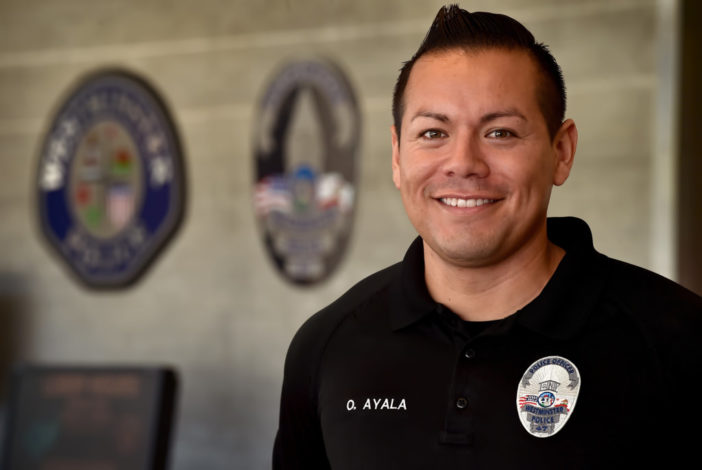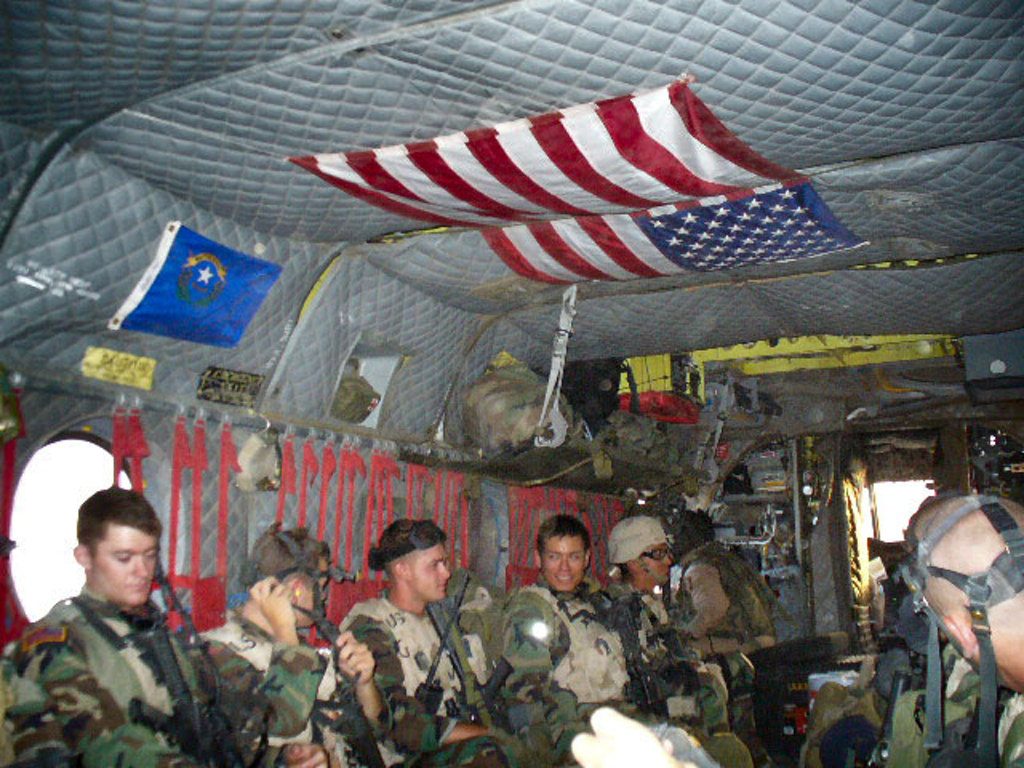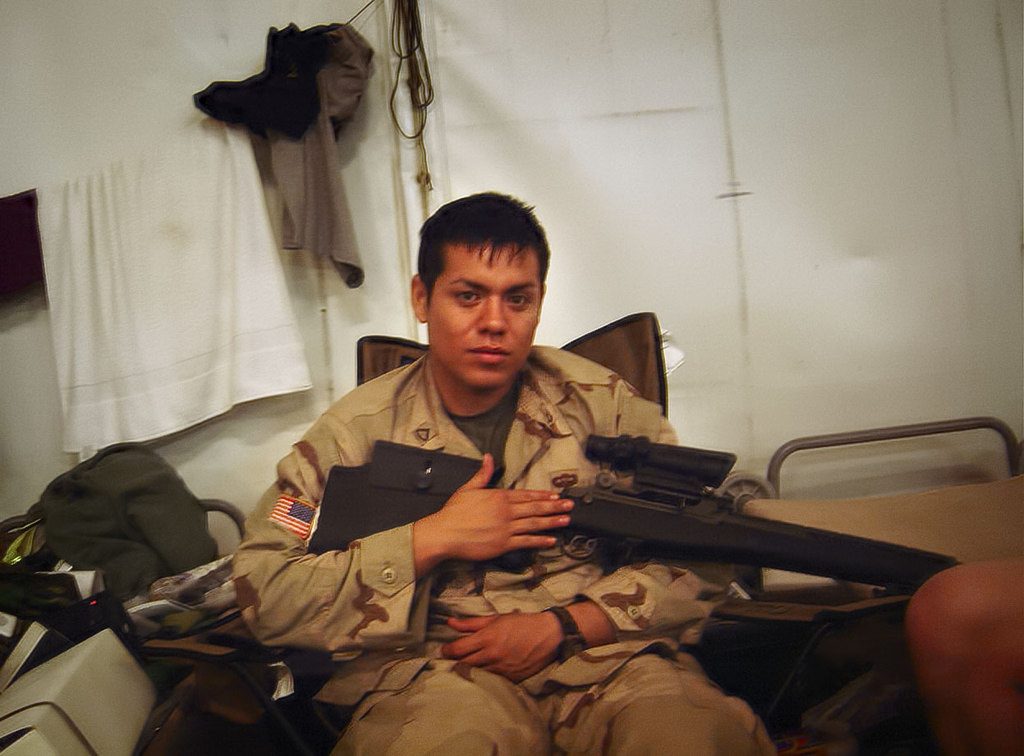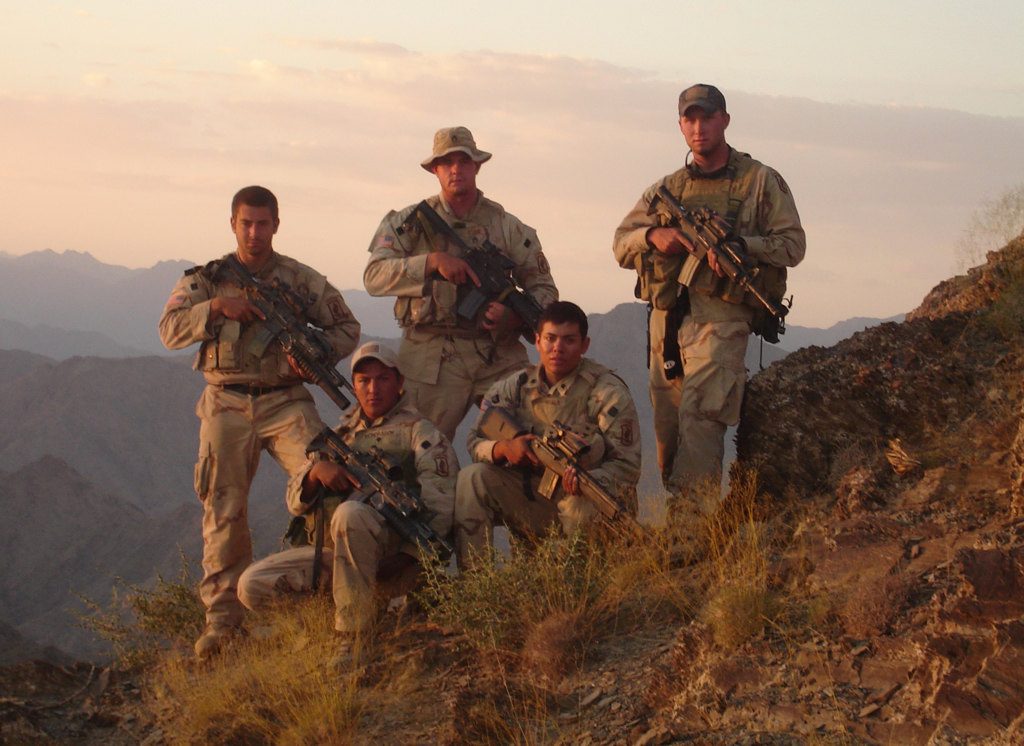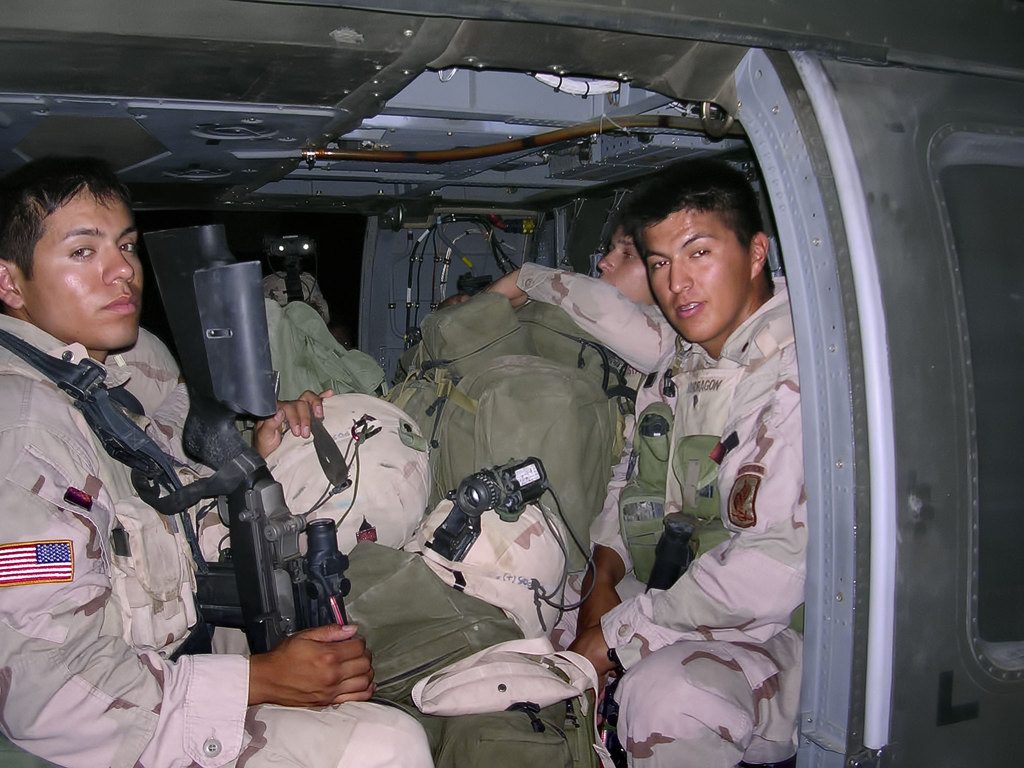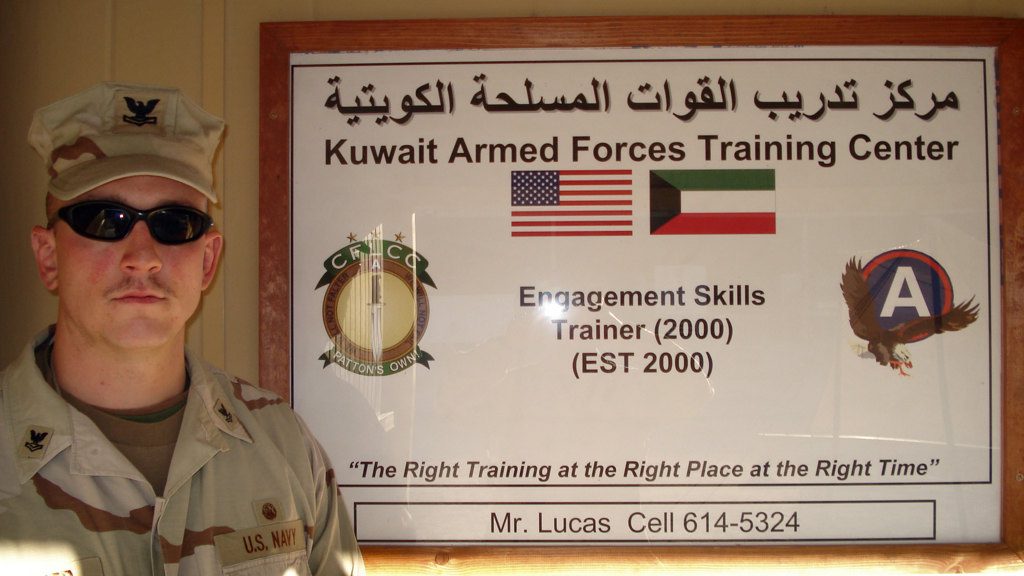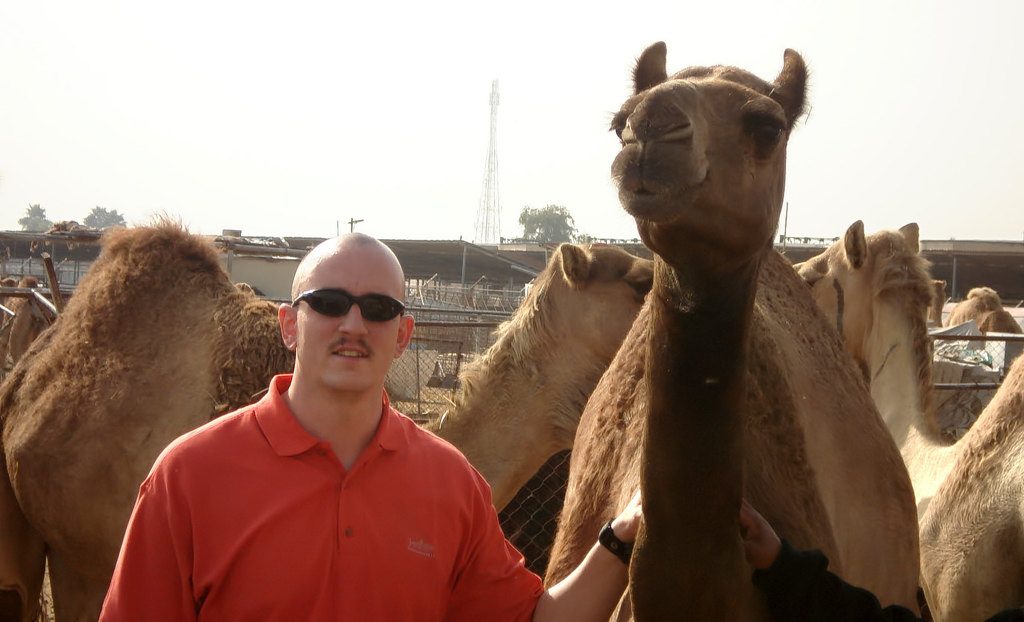Omar Ayala remembers the extremes of the Afghan climate when he was deployed with the 74th Long Range Surveillance Detachment in 2005 and 2006. Life at a remote forward operating base in Helmand Province’s desert was scorching hot and mountain patrols in the winter were biting cold.
Surviving mortar attacks in a remote region with little infrastructure, Ayala and his fellow soldiers came together to protect each other. Everyone was responsible for doing security shifts, securing the compound from any assault.
“It makes you appreciate what you have,”Ayala said.
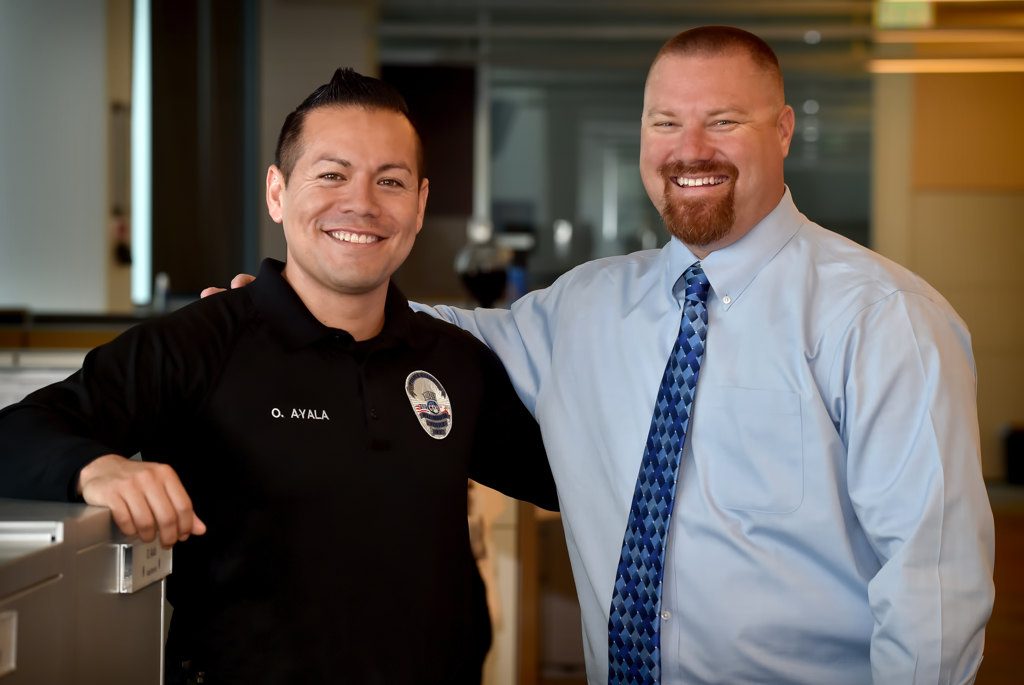
Gang Detective Omar Ayala of the Westminster PD, left, with his partner, Deputy Gang Probation Officer Michael Rick.
Photo by Steven Georges/Behind the Badge OC
Ayala, now a detective with the Westminster Police Department’s gang unit, sees his experience with the U.S. Army as hugely helpful in his law enforcement career, and he’s not alone. The ranks of Westminster Police include many officers with prior military experience or who serve in the armed forces reserves.
Beyond the similarities of wearing a uniform and carrying a firearm, the Army taught Ayala the importance of being respectful to everyone you encounter on the job.
“They open up and talk,” Ayala said. “You can do your job better that way.”
Ayala immigrated to the United States from Mexico when he was 7 years old. From a young age, he wanted to be a soldier, partially because he had family members who served in the Mexican military. He enlisted in the U.S. Army at age 17 while attending Bolsa Grande High School.
“I just felt that joining the Army was the best thing I could do for me and my family,” Ayala said.
While in Afghanistan, Ayala’s unit would use Afghan National Army translators to communicate to the local people that they were there to help and not just to arrest people. Similarly, in his work policing Asian gangs in Westminster, Ayala calls on translators when encountering Vietnamese or Cambodian speakers when doing probation checks or other house calls.
Ayala said the Army trained him to keep a cool head in stressful situations. This tactical experience makes other Westminster officers confident that Ayala will do his job well, even under fire.
“There are not a lot of things that make me nervous,” he said. “[The Army] made me a better partner. I can’t expect anyone to help us when we’re in danger.”
After Ayala completed his active military service, his family wanted him to find a job that would allow him to be closer to home. He was fortunate to land a job with Westminster Police as a patrol officer in 2008 after graduating from the police academy.
Ayala said he probably would have re-enlisted if he had been unable to become a police officer. Being part of the command structure of a police department and the honorable mission of law enforcement were both appealing to him.
However, it’s not just about having a rank.
“It’s more about being able to move up and help make that organization better,” Ayala said.
Westminster Police Cpl. Jeremy Fletcher has a very different military background.
He knew from a young age he wanted to work in public service, possibly because his mother was a nurse. He heard the military would be a good way into a career as a firefighter or police officer, so in 1993, Fletcher enlisted in the Marine Corps on his 18th birthday.
“I knew I did not want to go to college because I barely made it out of high school,” Fletcher said.
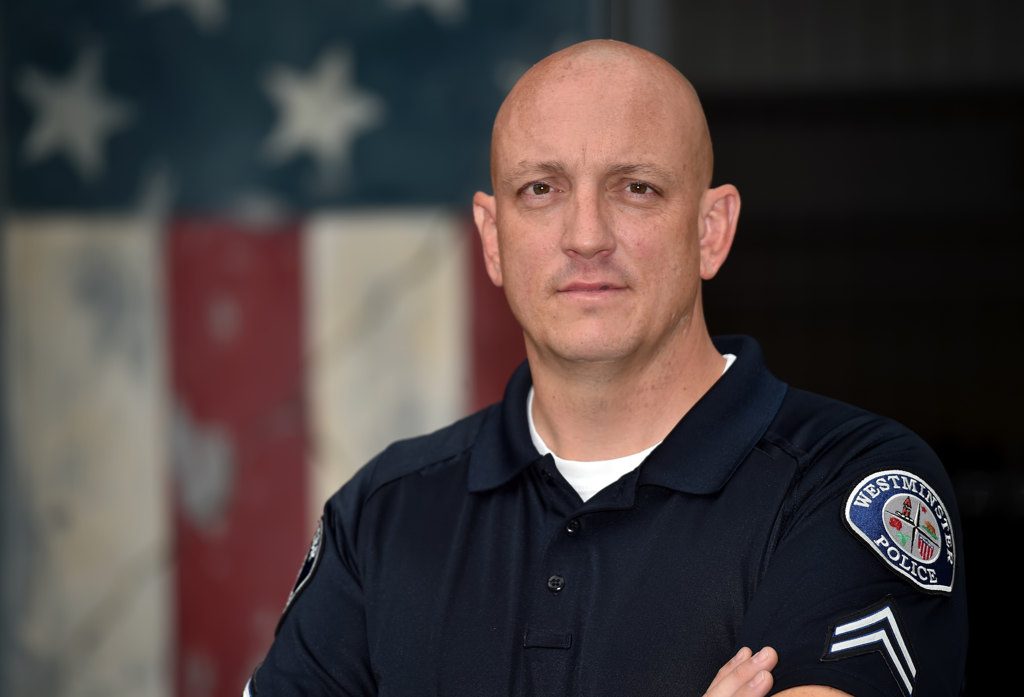
Cpl. Jeremy Fletcher of the Westminster Police Department.
Photo by Steven Georges/Behind the Badge OC
Fletcher was stationed with the 3rd Battalion, 7th Marine Regiment in Twenty Nine Palms, where he trained as an anti-tank assault specialist. Knowing he didn’t want to stay in the infantry for 20 years, Fletcher joined the firefighter/emergency medical technician program.
“It definitely matured me real quick,” he said. “My mom told me, ‘I helped raise you but the Marine Corps made you a man.’”
The lessons of how one fits into a rank structure and how to be in a certain place at a certain time every day were very transferable to being a cop, Fletcher said.
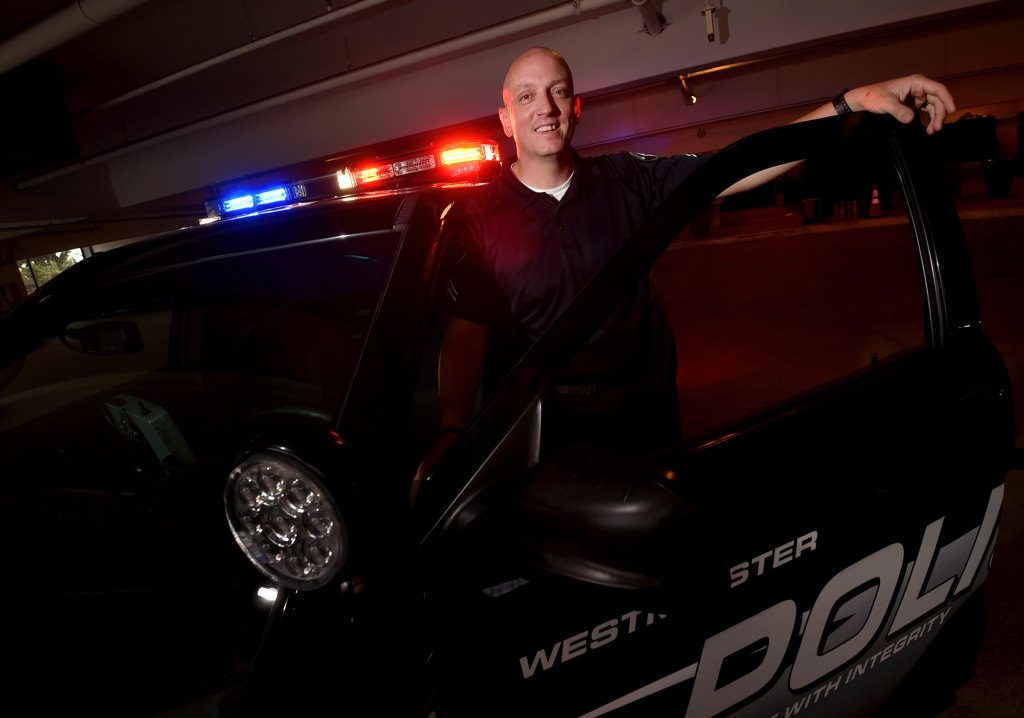
Cpl. Jeremy Fletcher of the Westminster Police Department.
Photo by Steven Georges/Behind the Badge OC
Fletcher left the Marine Corps after getting a job as an officer with the Westminster Police Department.
Following the Sept. 11, 2001, terrorist attacks, Fletcher felt a duty to re-enlist because he still was physically capable. In 2004, he decided to re-enlist in the Navy Reserves briefly before switching to the Marine Reserves. He deployed to Kuwait and Iraq, where he worked on a patrol boat guarding Navy ships as they loaded and unloaded supplies for the troops. As an older, married Marine, he was happy to not see combat during his year-long tour.
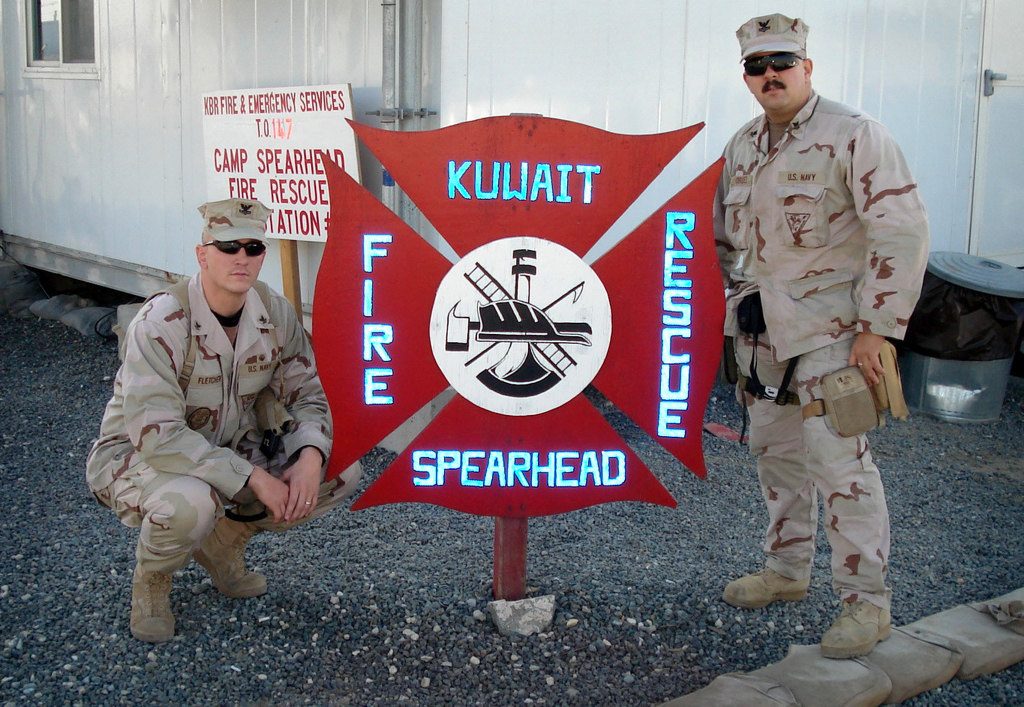
Jeremy Fletcher, left, at Camp Spearhead Kuwait, while in the U.S. Navy in March 2007.
Photo provided by Jeremy Fletcher
Fletcher acknowledges the uneasiness some people have about veterans with Post-Traumatic Stress Disorder and traumatic brain injuries joining the police force. However, he points out that all recruits go through thorough psychological screening before they’re hired.
Veterans who saw combat are familiar with the psychological toll that comes with taking a life and may think twice about using their weapon, Fletcher said.
“That weighs upon them and they give more thought to it,” he said.
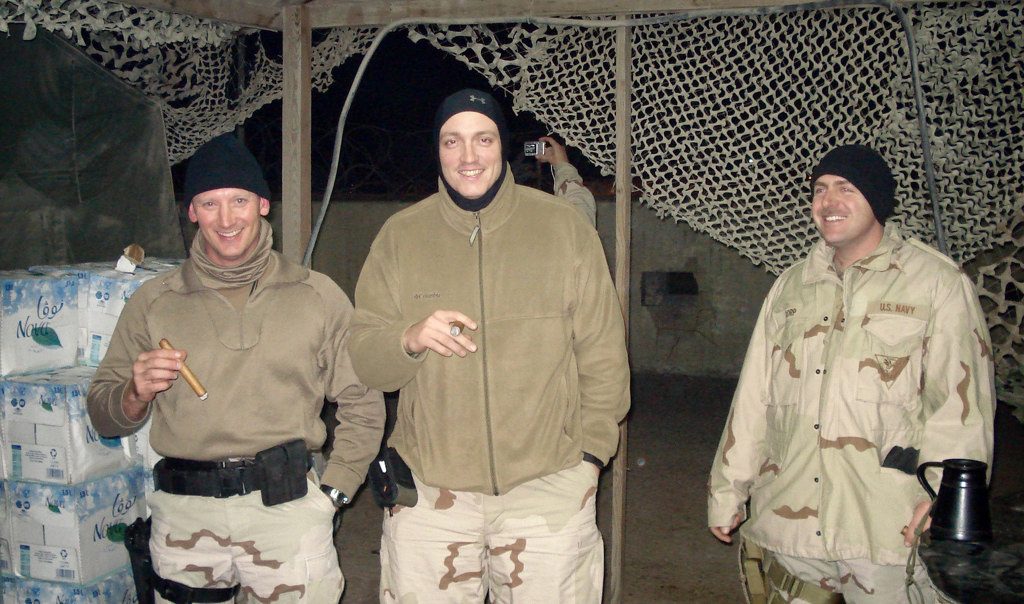
Jeremy Fletcher, center, in the Southern Port of Debarkation, Kuwait, during New Year’s Eve in December 2006.
Photo provided by Jeremy Fletcher
 Behind the Badge
Behind the Badge
